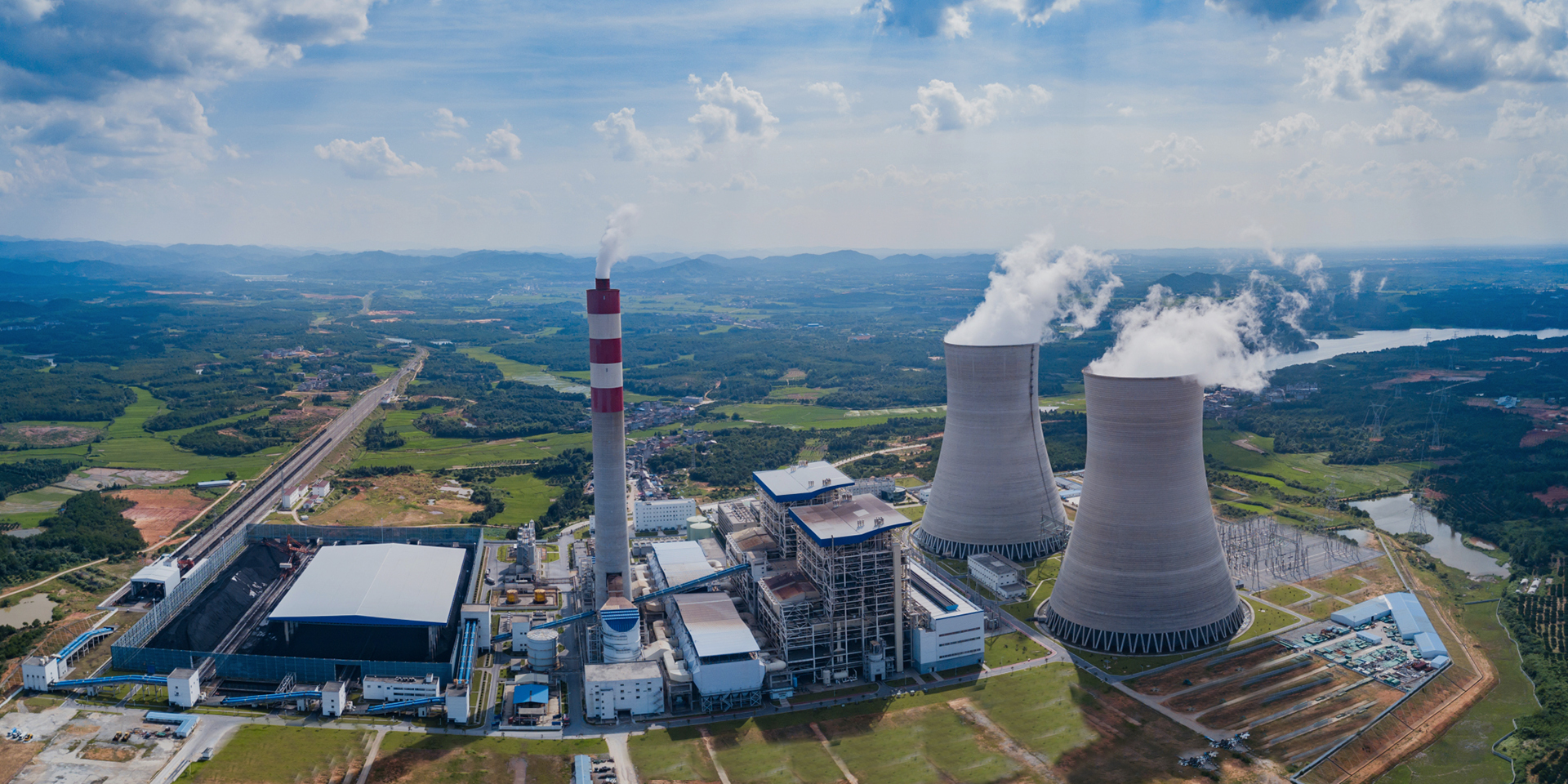
# Biomass Boiler Island: Sustainable Energy Solution for Remote Communities
## Introduction to Biomass Boiler Technology
Biomass boiler islands represent an innovative approach to providing sustainable energy solutions for remote communities. These self-contained systems utilize organic materials as fuel to generate heat and electricity, offering a renewable alternative to fossil fuels in areas where traditional energy infrastructure is impractical or too expensive to implement.
## How Biomass Boiler Islands Work
At the heart of these systems are advanced biomass boilers that convert organic matter – such as wood chips, agricultural waste, or specially grown energy crops – into thermal energy. The “island” concept refers to the complete, standalone nature of these installations, which typically include:
– Fuel storage and handling systems
– Combustion chambers
– Heat exchangers
– Emission control technologies
– Power generation equipment (in combined heat and power systems)
## Benefits for Remote Communities
Biomass boiler islands offer numerous advantages for off-grid locations:
### Energy Independence
Remote communities can reduce reliance on imported fossil fuels by utilizing locally available biomass resources. This not only improves energy security but also keeps energy spending within the local economy.
### Environmental Sustainability
When properly managed, biomass is a carbon-neutral energy source. The CO2 released during combustion is offset by the CO2 absorbed during the growth of new biomass feedstock.
### Economic Development
These systems create local jobs in fuel production, system operation, and maintenance. They also provide opportunities for value-added agricultural activities through dedicated energy crop cultivation.
## Implementation Considerations
Successful deployment of biomass boiler islands requires careful planning:
### Resource Assessment
Communities must evaluate the availability and sustainability of local biomass resources to ensure long-term fuel supply without compromising food production or natural ecosystems.
Keyword: biomass boiler island
### Technical Expertise
While modern systems are designed for reliability, remote locations need trained personnel for operation and basic maintenance, requiring investment in local capacity building.
### Financial Models
Initial capital costs can be significant, though various financing options including government grants, private investments, and community cooperatives can make projects viable.
## Case Studies
Several successful implementations demonstrate the potential of this technology:
### Alaskan Village Project
A remote Alaskan community replaced diesel generators with a biomass system using locally harvested wood, reducing energy costs by 40% while creating 15 new jobs.
### Scottish Island Initiative
A Scottish island installed a combined heat and power biomass system that now provides 90% of the community’s energy needs using forestry byproducts.
## Future Outlook
As technology improves and awareness grows, biomass boiler islands are becoming an increasingly attractive option for remote communities worldwide. Advances in automation, fuel processing, and efficiency continue to make these systems more reliable and cost-effective.
For communities seeking sustainable energy solutions, biomass boiler islands represent a practical path toward energy independence, economic development, and environmental stewardship.